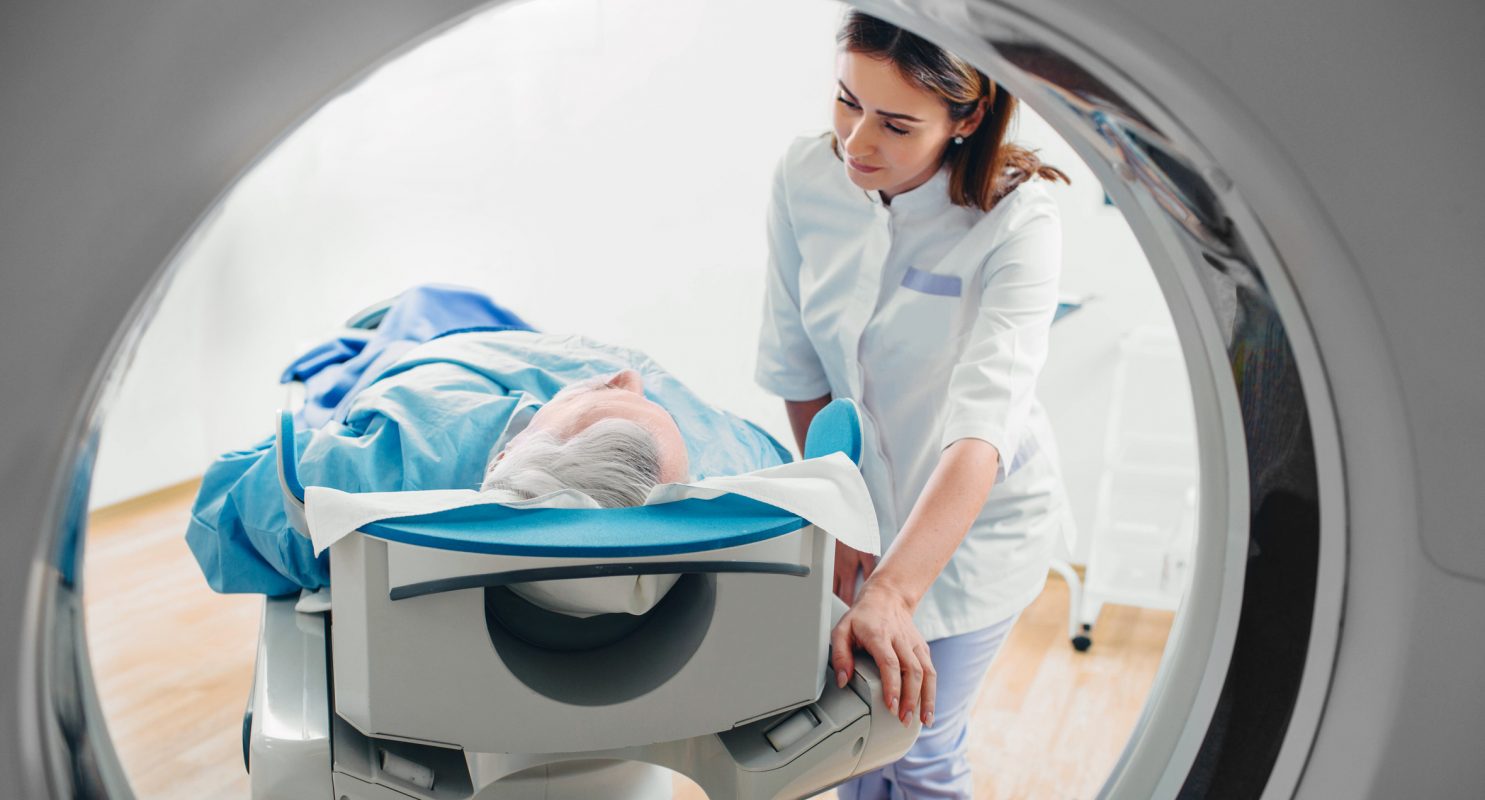Most people will undergo medical imaging tests after undergoing an injury or illness. The two most common types of imaging technologies are magnetic resonance imaging (MRI) tests and computer tomography (CT) scans. Both are extremely powerful tools that help doctors diagnose a range of conditions with greater accuracy. CT scans and MRIs create images using different forms of electromagnetic energy such as X-rays and radio waves.
Both imaging tests differ widely when it comes to accessibility, level of details (resolution), and type of energy utilized. You may be concerned about the potential risks of having these tests performed, but the scans are generally non-invasive and painless.
CT Scan in Gold Coast
A CT scan generates high-resolution, detailed images of the body. It’s a powerful and sophisticated imaging diagnostic tool that takes a complete 360-degree image of the body’s internal organs, vertebrae, and spine. Your doctor may provide you with a contrast dye to help them identify certain areas more clearly on the CT scan.
A CT scan can reveal the quality of bones, blood vessels, organs, and soft tissue to help doctors diagnose various medical conditions including::
- Cancer
- Trauma
- Heart disease
- Appendicitis
- Infectious diseases
CT scans may also be used to diagnose chest problems, detect the presence of tumors, and evaluate lung issues.
The patient typically lies on a bed that slowly moves through a tunnel while the X-ray tube shoots narrow beams of X-ray throughout the body. The machine rotates around the patient and produces cross-section images of the body. In some cases, the technologist may provide instructions to the patient with the help of a microphone and speakers.
CT scans are usually not available in small hospitals but they can be found at larger facilities such as Mermaid Beach Radiology Gold Coast.
The two main types of CT scans are Positron Emission Tomography (PET) scans and Urography scans. PET scans are used to help physicians see the activity of body organs and tissues. Urography scans are used to provide more detailed scans of the urinary tract (that includes kidneys, ureters, and bladder).
MRI Scans in Gold Coast
MRI scans combine the use of a strong magnet with radio waves instead of radiation. A computer is used to operate the magnetic components to create incredibly detailed images of the body. The images are produced as ‘slices’ or cross-sections of the scanned area.
The most frequent use for MRI scans is to diagnose bone and joint problems, as well as evaluating treatment options, fertility abnormalities, and brain issues.
Which Option is Safer?
Both MRI and CT scans are relatively safe, however, there are certain differences to keep in mind. Patients that have aneurysm clips should not undergo an MRI scan on account of the powerful magnets being used. This is because some of these clips may be pulled off and the patient could die from the resulting bleeding.
In general, if the patient has cardiac pacemakers or defibrillators, they should avoid MRI scans. This is because the magnets could cause malfunctions in battery-operated instruments. Any metal devices can interact with the powerful magnetic field, including metal shavings in an organ.
CT scans do not pose such a risk to patients, however, they do expose the patient to a dose of radiation, although it’s relatively low.
What is the Main Difference between a CT Scan and an MRI?
CT scans are relatively quick and pain-free. They provide enough details for your doctor to make an accurate assessment. MRI scans are also painless and provide more detailed images of soft tissues, without any ill effects on the body (unless there are metal devices inside the body).,
However, MRI scans can take much longer – anywhere from 30 minutes to several hours – depending on what your doctor is looking for.
It is also worth noting that some patients may find the narrow opening of the tunnels to be claustrophobic, which can cause anxiety. Some MRI options are not as ‘confining’ but they do not produce detailed images required in most MRI scans.
Overall, the biggest difference between CT and MRI scans is the technique used. MRI uses magnets to pass radio waves through the body while CT scans pass X-rays at various angles to form three-dimensional images.
At the end of the day, both medical imaging techniques take pictures of the body’s internal structure to allow an accurate diagnosis of an injury or illness. You should choose an option after carefully considering them with your doctor and an expert such as Mermaid Beach Radiology Gold Coast.








